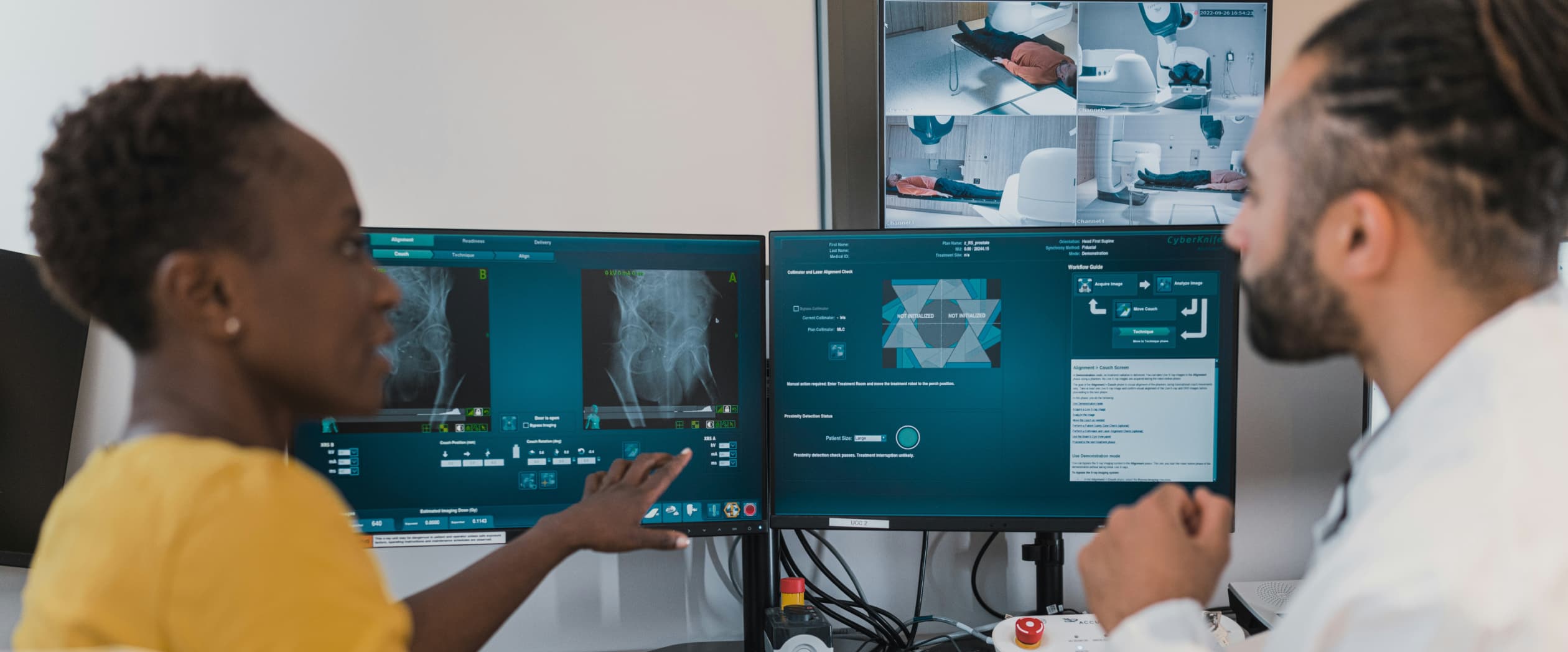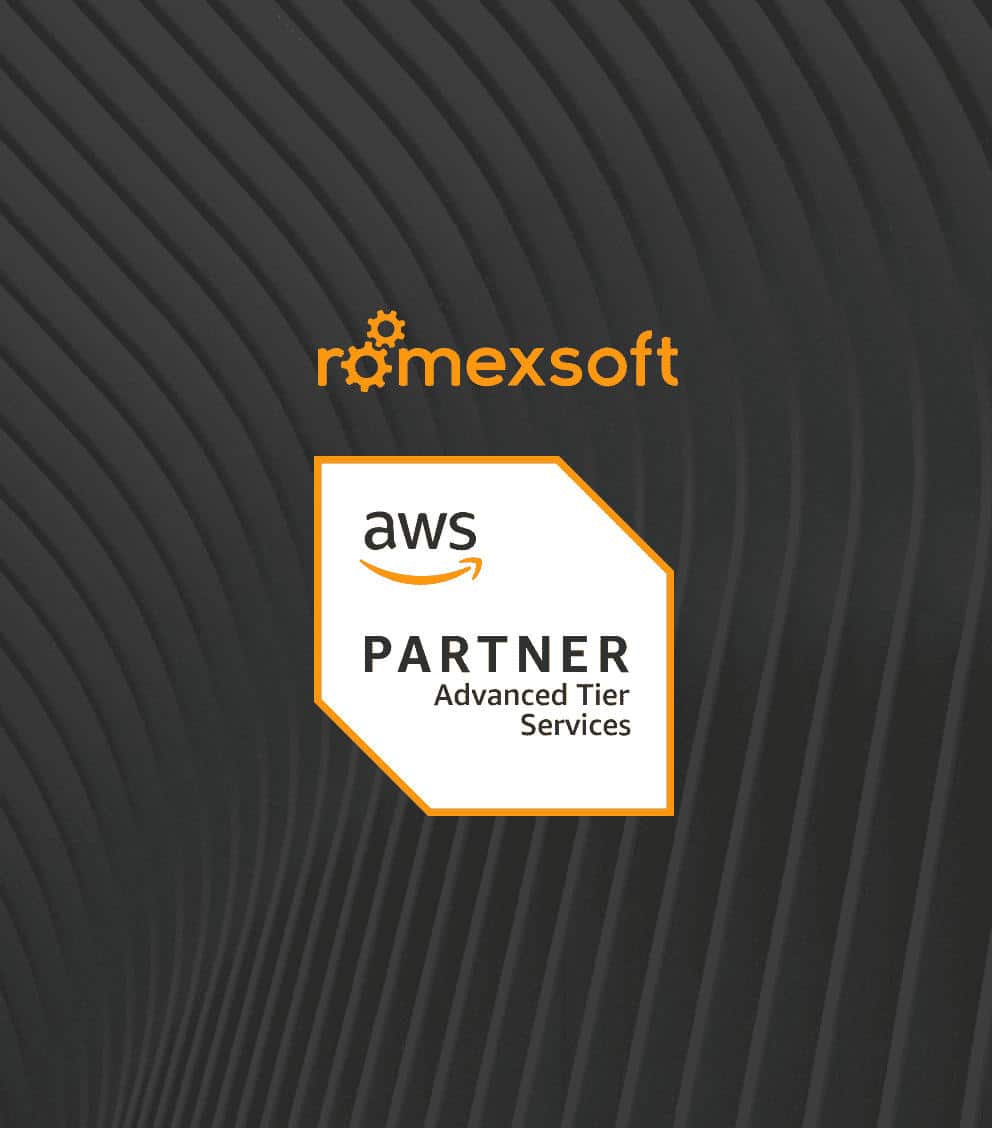
Data is fundamentally reshaping the healthcare landscape, and business intelligence (BI), along with data analytics, are proving to be powerful engines for enhancing both operational efficiency and the quality of patient care. This article examines the fundamental components, key benefits, diverse use cases, and essential tools that define the application of business intelligence within the medical industry. Read on to gain insights into modern business intelligence concepts, particularly the empowering shift towards self-service analytics accessible directly by medical professionals at the point of care.
The blog discusses:
- definition of business intelligence in healthcare
- ways of information collection
- components of a BI system
- implementation challenges with solutions
- BI healthcare use cases
- future trends

Taking into account the sensitive nature of the healthcare field, achieving seamless health data exchange remains a major challenge. The article explores the role that HL7 integration plays in overcoming interoperability issues. Establishing standardized communication between systems like EHRs, LIS, and PACS, – add up to patient care, compliance, and efficiency on the line.
Read on to discover HL7 standards (including V2, V3, CDA, and FHIR) as well as some practical implementation guidance, use cases, and expert tips tailored for healthcare IT leaders and developers.
The blog discusses:
- the definition of HL7 and its benefits
- what are key components of the messages
- types of data in HL7 format
- how to integrate HL7 and possible challenges

On-premises, Application Service Provider (ASP), Software as a Service (SaaS), and cloud-based services are the four main categories of Electronic Health Record (EHR) systems that are examined in this article. Their respective features, benefits, and potential drawbacks are highlighted to serve as a guide for healthcare organizations to select the EHR system that would be the best fit for their operational needs and objectives.
The blog discusses:
- definition of EHR system
- the difference between EHR and EMR
- types of health record systems
- a guide on how to implement the EHR software
- challenges of implementation

Whenever managing a complex IT environment poses a burden of continuous oversight – implementing infrastructure monitoring is a solution. The live supervision it offers aims to maintain performance, ensure security and maximize resource efficiency. The article will reveal how those are attained with the help of monitoring tools that provide real-time visibility, automated alerts, and actionable insights.
The blog discusses:
- what is an infrastructure monitoring tool
- best tools to check
- the main features to consider
- how to choose the monitoring software

System monitoring proves to be an indispensable part of infrastructure expansion, which accompanies business growth. Be it a cloud, an on-premise, or a hybrid environment, one cannot ensure its performance, availability and security without a proper set of monitoring solutions. This article explores the present-day monitoring measures behind tracking a system’s health, detection of issues and their timely resolution.
The blog discusses:
- importance of IT infrastructure monitoring
- key benefits and how it works
- best practices for IT infrastructure monitoring on AWS
- how to choose the right tools
- challenges and future trends

This article explores the importance of tracking key DevOps metrics to enhance software development processes. Read on to gain insights into essential metrics for optimizing code quality, deployment efficiency, CI/CD pipelines, and overall system reliability.
The blog will discuss:
- importance of DevOps metrics
- what is DORA
- metrics for various purposes
- how to improve and prioritize them

Reliable applications and seamless user experiences that distributed architectures promise entail a heavy reliance on observability and monitoring tools crucial for maintaining the performance and stability of complex systems.
The blog highlights:
- what are monitoring and observability
- what are the similarities and differences
- which one and when to choose
- how to choose the right tool
- future trends

AI is doubtlessly revolutionizing software development by enhancing delivery speed, accuracy, and efficiency across all stages of the development lifecycle; improving DevOps practices is not an exception. This article explores the key benefits of AI integration into DevOps, its most effective applications, strategies for optimizing workflows, and the challenges organizations may face in implementation.
The blog discusses:
- benefits of using AI in DevOps
- where can you integrate AI
- how to merge it into DevOps
- issues with incorporating
- what’s next for DevOps and AI


